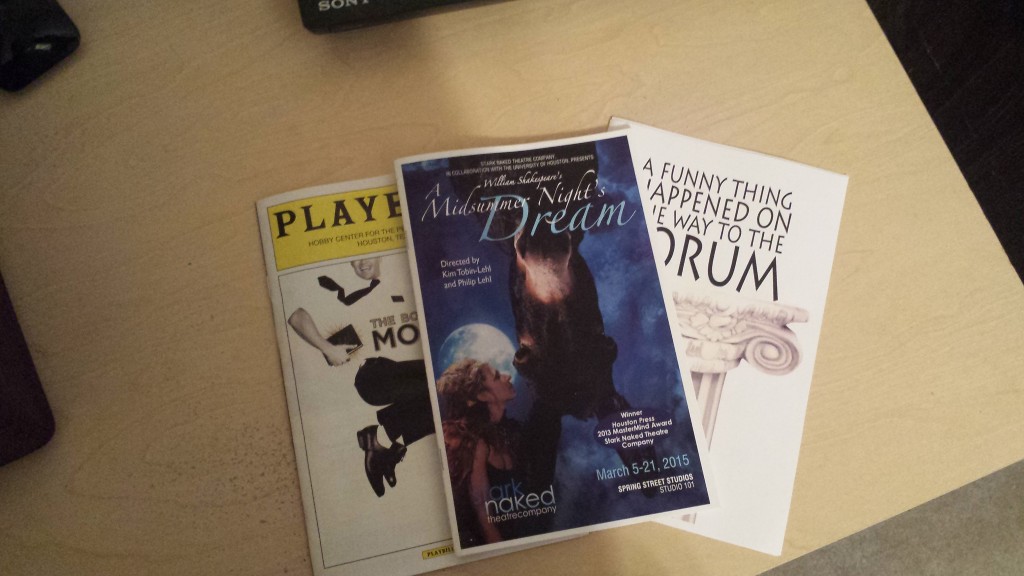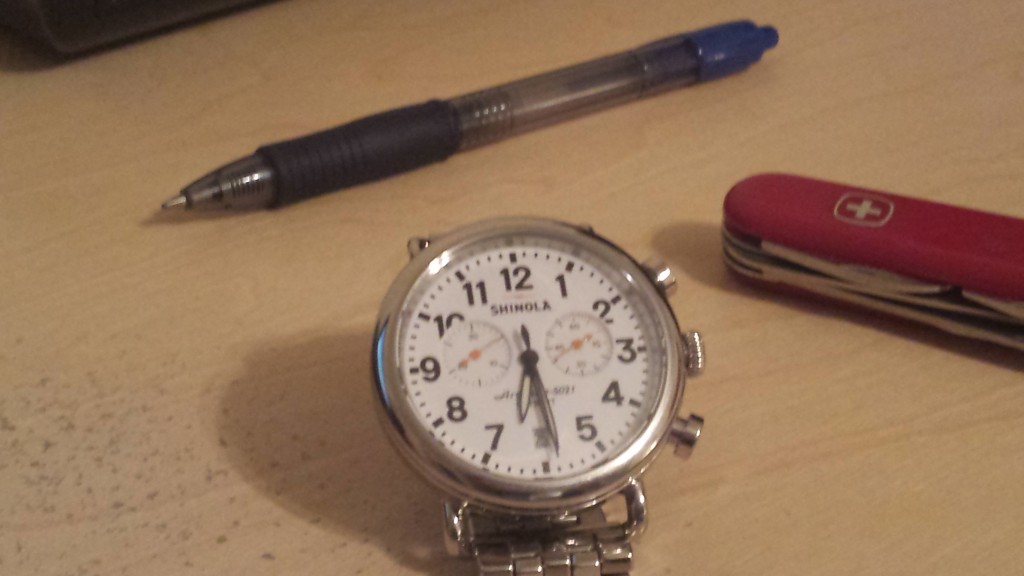I’ve been on a theater kick for the past couple of years and we are right now at the tail end of the 2015 Fall theater season in Houston. I just have to say that the theater scene in Houston keeps getting better and better all the time. Houston has gained a national reputation for its fine dining choices and I can see a time when it gains a name as a live theater mecca as well.
But anyways, some of the local troupes that I follow put on Christmas and holiday related plays to cap the year. Stark Naked Theater put on “Ho Ho Humbug 2.0“, Bayou City Theatrics put on “The 12 dates of Christmas“, and the Classical Theater Company put on “A Christmas Carol“.
The last is of course the classic Charles Dickens story and I wanted to see it as I’ve never seen it performed live but the other two were contemporary stories set in or near present day America and dealt mainly with how we perceive and deal with this time of year.
For better or for worse, people in this country have come to associate this holiday season with certain things.
- Religion of course. This is a christian holiday and at one time this was a predominantly christian nation. Whether you agree with it or not you can’t deny that there is an influence there.
- Traditions that bind us to certain European countries where Americans originated from
- Commercialism which is more of an american tradition.
From the late 19th century till about the Mid 20th century this was the Christmas season (the term “holiday season” wasn’t in widespread use). Government, Church, and commercial interests helped spread and foster the season and developed it into what we came to know as Christmas time.
But then in the mid 20th century we began to see this change over time. People started to notice that this time of year didn’t resonate with everyone.
One of the earliest examples was the Peanuts Christmas TV special where one of the characters proclaimed that Christmas was a racket and controlled by some company “back East”. This illustrated the disconnect that some people had always felt around this time of year.
Mass media began to notice that besides the Christian majority that there were people from other faiths in this country and that more and more new Americans were arriving from non western European lands.
At the same time, commercial interests were moving to leverage the holiday for all it was worth. Store displays are now put up as much as two months in advance and even though there has been some consumer backlash over this, they don’t seem to care that much.
I thought about all these points as I attended the plays I mentioned up above.
Christmas Carol is of course the original story about someone who has disconnected from the holiday. Scrooge had consciously made a decision to set himself apart from humanity. The spirits show him that this was not always the case and that he still had time to fix this condition.
12 dates of Christmas was a story about a woman who loses her fiance at Thanksgiving time and for the next 12 months has disastrous dates with various men. She reflects on how “family centered” that the holidays can be and how single people can feel ostracized around the holiday season.
Ho ho Humbug 2.0 was the most poignant of the three. A writer, that hates the holidays, needs a temporary job to make his rent and by accident winds up playing a store Santa Claus. Through some soliloquies the writer explains that even as a child he had never connected to Christmas and that he felt that this job was a farce.
As the play progresses and he interacts with his co-workers and with the customers, he comes to see that Christmas means so much more than the commercialism, the decorations and customs, and even the religious aspect. Christmas had a distinct meaning to everyone he met. In the end he doesn’t embrace all the aspects of the holiday but he comes to find a way that he can celebrate the season and make it his own.
I think that last point is the most important. I see some people decrying the holidays as being too commercial, too religious, too superficial. But then I look around at people from other parts of the world cheerfully celebrating the holiday and pretty much just ignoring the bits that they don’t like or understand.
For example, Christmas is huge in Japan for the gifting aspect. Not many Christians there. I know some Jewish families that put up Christmas trees and focus in on the gift giving and celebration aspects. Last year I was on vacation in the tropics at this time of year and I saw some of the locals decorating their hut with a Christmas tree.
I guess what I am trying to say is that you need to make the holiday your own in order to enjoy it. Most people enjoy the season out of habit. But for those that find the season to be a chore or a bother, I think that if you look more closely that there is something there for you to enjoy as well.
Merry Christmas


Recent Comments